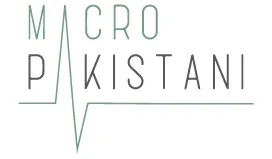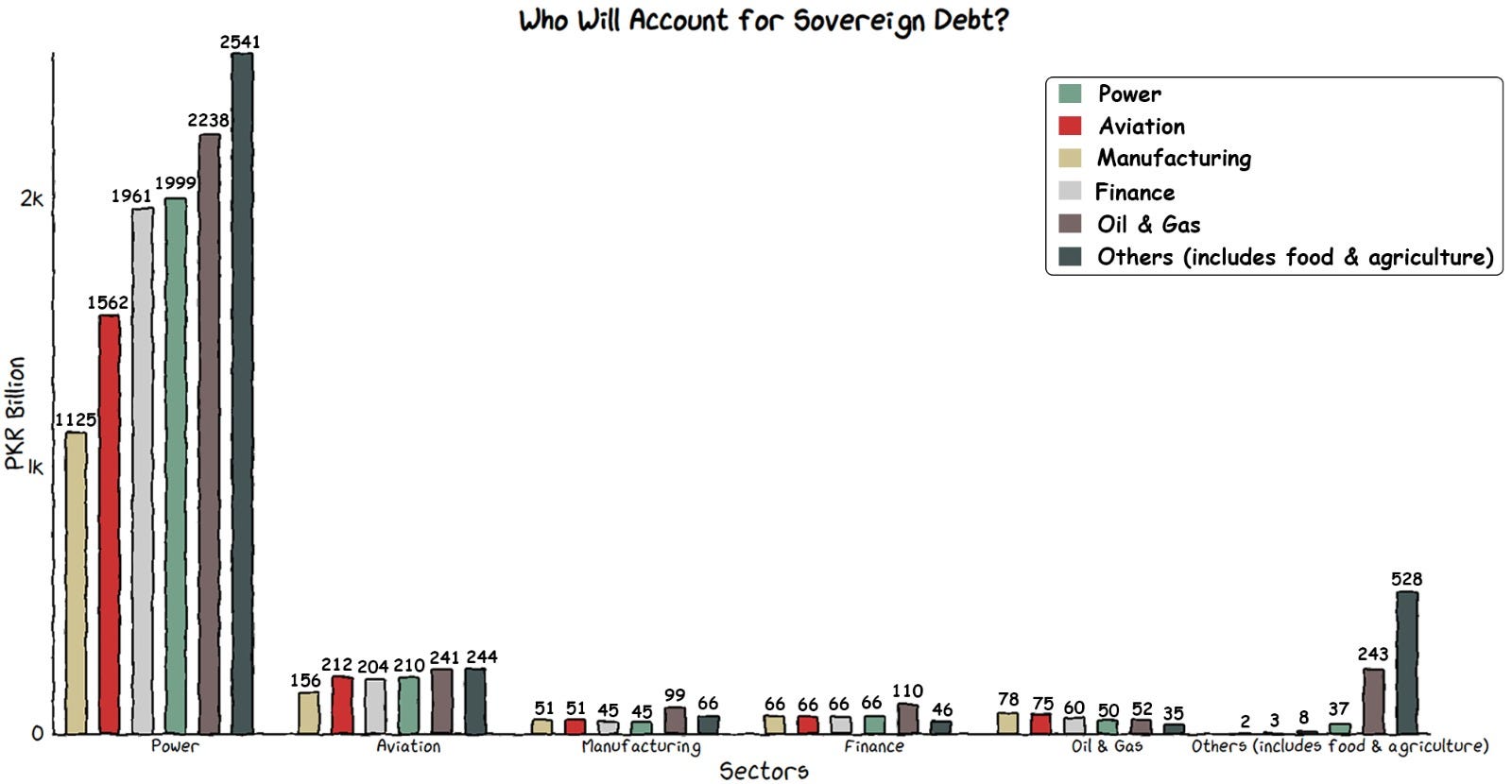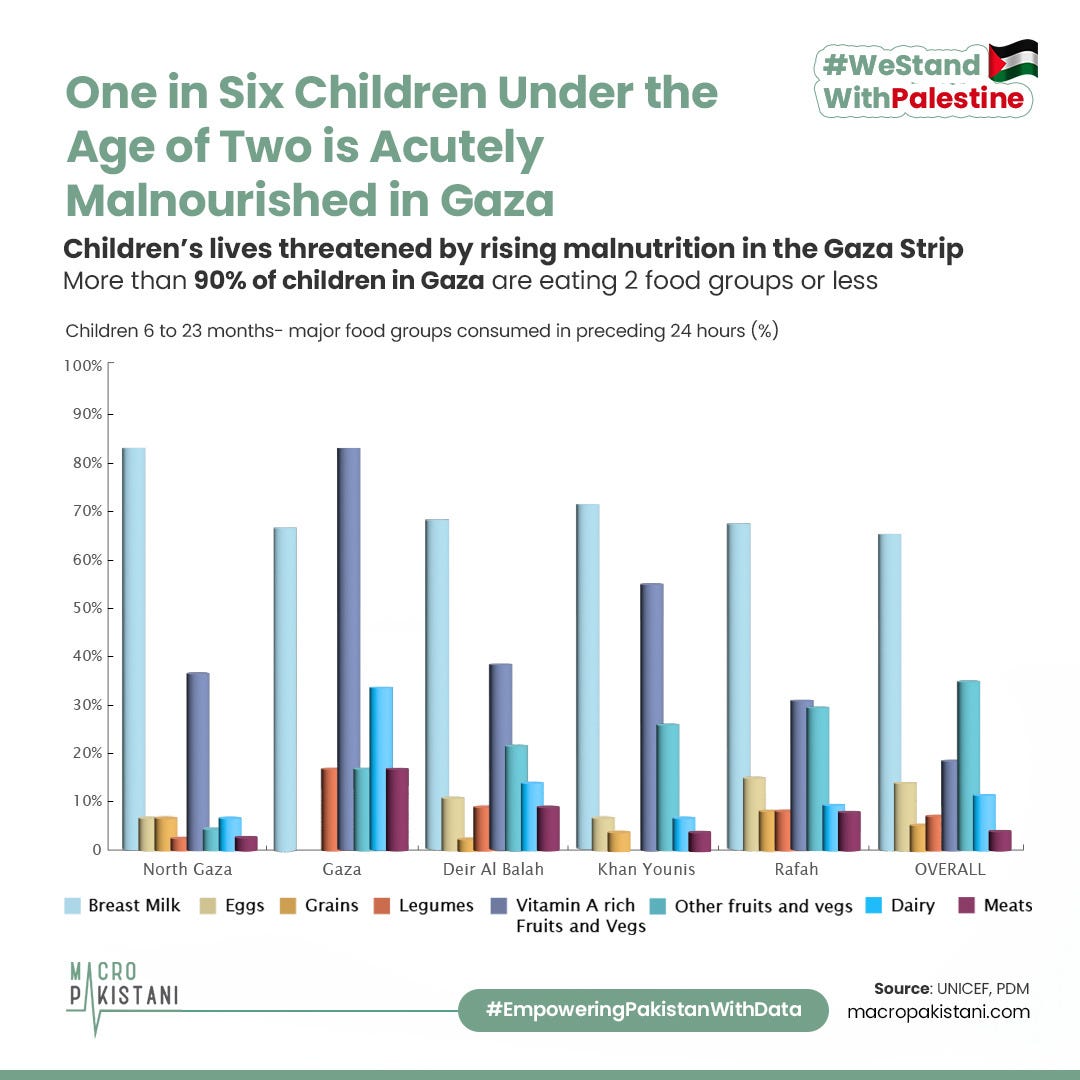Debt, Guarantees, and Priorities
The absence of 'sustainable collaterals' raises fiscal risk associated with government guarantees totaling PKR 3.4 trillion.

Pakistan’s financing needs are through the roof as the government failed to achieve even half of the funding target for FY24, leading to default risks… once again. Pakistan's looming debt problem is undeniably one of the most significant challenges affecting its future, and several solutions have been proposed. However, sovereign guarantees remain unchallenged, as these numbers aren’t even ‘factored in when calculating Pakistan’s total debt’. Currently, the figure stands at PKR 3.46 trillion, which is approximately 4% of the GDP, for context Pakistan’s spending on education and health was a cumulative 3% of GDP in FY22.
A simple comparison puts our priorities into perspective. What can we do to redirect our course?
Around the world, restructuring sovereign debt remains a complicated riddle. The IMF refrains from working with countries with unsustainable government guarantees unless the project entails reform solutions for the country. Similarly, the IMF has proposed many reforms for the government of Pakistan. In an attempt to demonstrate some semblance of achievement to the IMF, a Sovereign Wealth Fund worth PKR 15 trillion was established last year. However, when it came time to resolve the PIA issue, the fund proved ineffective. In order to provide a functional solution to the problem, Pakistan needs to be transparent about the enormity of the sovereign guarantees. Furthermore, a debt-to-equity swap should be worked out to privatize the state-owned enterprises. Lastly, the government needs to limit itself and let market forces compete when it comes to food procurement.
While the world focuses more on social protection and climate issues, Pakistan is stuck cleaning the aftermath of decades of mismanagement. Yet there is still hope to course correct and redirect our energies towards an inclusive, and growing Pakistan.
GRAPHIC
A team led by the Global Nutrition Cluster analyzed the nutrition situation in Gaza, especially for infants, children, pregnant, and breastfeeding women. They found that malnutrition is getting worse due to food shortages, limited food variety, poor feeding practices for babies, and issues with clean water and sanitation.
Data Visualization & Marketing Partner: Brand Nib
Visit: https://macropakistani.com/advertise/
Grateful for the ever-growing list of collaborators!
About Us: Macro Pakistani is a data-driven research platform that aims to provide a basic understanding of Pakistan’s economy. If you have an interest in contemporary news but are currently overburdened with sensationalism and specialized vocabulary, we are the platform for you.
How are we doing? Please send us any questions, comments or suggestions by replying to this email.




